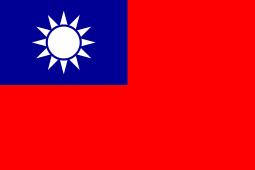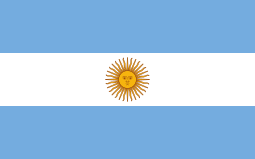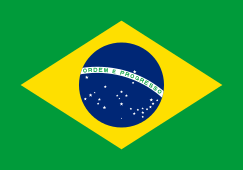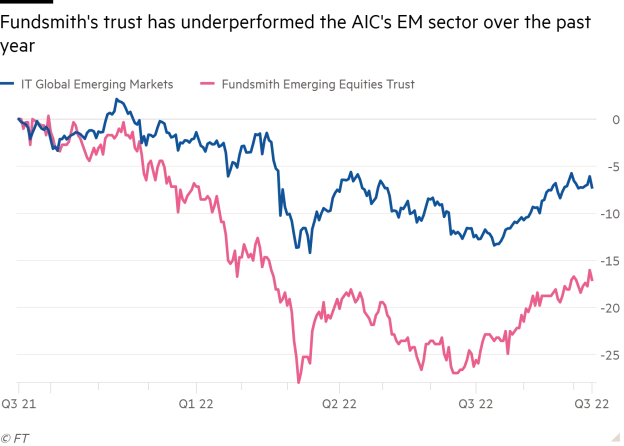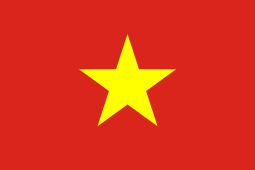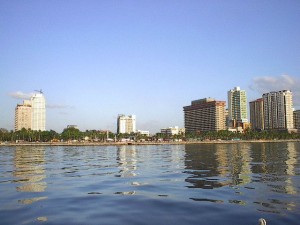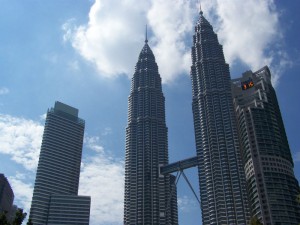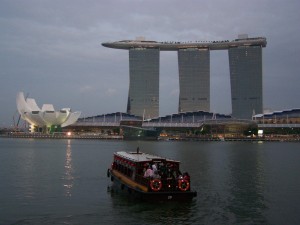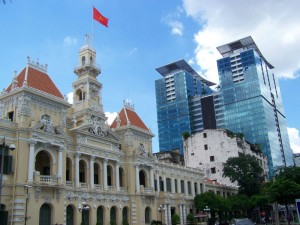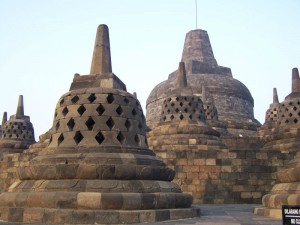The Philippines has been getting into the news more for positive rather than the usual negative reasons, meaning some investors might want to consider investing in the iShares MSCI Philippines Investable Market Index Fund (EPHE) and the Philippine Long Distance Telephone Company (PHI), otherwise known as PLDT. However, I must admit that it is hard for anyone who has ever lived or worked in the Philippines for a considerable period of time to not be a little cynical about the country as it’s usually two steps forward and almost always one step back (and sometimes one step forward and two steps back). But consider the following signs of progress:
- Election violence has been on the decline (statistically speaking).
- Some high level corruption has or is being tackled.
- Some Filipino professionals are returning home as the local economy posts solid growth (6% to 8%) versus the rest of the world.
I should also mention my last article about the Philippines (A ‘Damaged Culture’ No More? An Investing-In-The-Philippines Reality Check) where I suggested investors should read a controversial essay (“A Damaged Culture: A New Philippines?“) written by James Fallows for the Atlantic Monthly just after Marcos was booted out of power. I had also outlined how (for better or for worse) the Philippine economy is a stool propping up oligarchs.
With that said, has the Philippines really made any steps forward to make investing there worth it or is the country back to its old two steps forward and one or more steps back routine?
